Juris Illuminae Submissions Policy.
The Singapore Law Review welcomes all contributions on all aspects of law from students, academics, and practicing lawyers for consideration to be published in Juris Illuminae.
Juris Illuminae’s publication offers are all contingent upon the author’s compliance with this Submissions Policy.
Please read the Submissions Policy in full before making your submission.
I. submission process
Contributions should be submitted in electronic form, in a Microsoft Word document, to [email protected]. A PDF copy of this Submissions Guideline may be found here.
In addition, all submissions should be made in the Juris House Style and saved as a Microsoft Word document. Before you submit your article for the first time, please:
Download the Juris House Style and apply it to your document; and
Make a .zip folder of all the digitally-available authorities which you have referenced in your article (including cases, periodicals and websites, and attach this folder to your submission.
II. FORMS OF SCHOLARSHIP
As an online supplement to the Singapore Law Review Journal, Juris Illuminae aims to publish succinct and readable articles. This includes case notes on recent judgments and companion pieces to full-length articles published in the Journal. There is no requirement that submissions touch on Singapore law.
III. Requirements for Content of Submissions
Length: For Articles, we welcome submissions that are 1000-5000 words long. Generally, Articles should not exceed 11,000 words. However, our primary focus is on substance, rather than form—a longer article does not necessarily give rise to a higher chance of publication with us. We are also happy to consider submissions that slightly exceed or fall below this recommended word limit.
Language: All manuscripts should be written in British English.
Title: Contributions should have a title which is both concise and descriptive.
Name and Autobiographical Notes: Contributors are requested to supply their full name in whatever convention they personally prefer, not necessarily adopting the first name followed by last name convention. Autobiographical details should appear at the footnote section of the first page, designated with an asterisk “*”, and precede any other footnotes in the contribution. The content should include the contributor’s academic and professional qualifications, institutional affiliation, and current title. Acknowledgements (if any) may also be included, for example:
* Third Year Student, Faculty of Law, National University of Singapore. All errors remain my own.
Data: For contributions of an empirical research nature, we kindly request for the relevant datasets to be submitted along with the Article. We may request these files before deciding whether to extend an offer of publication.
Graphics: The use of graphics, tables, and charts should be kept to a minimum unless the contribution is of an empirical research nature.
IV. House Style
Headings: The number of levels of headings should not normally exceed four.
First level headings should be centred and typed in capitals. The first level headings should also be preceded by capitalised roman numerals (e.g., I, II, etc.):
I. FIRST LEVEL HEADING IN CAPITALS/SMALL CAPITALS
Second level headings should be centred, italicised and typed with initial capitals for main words only. The second level headings should be preceded by capitalised alphabets (e.g. A, B, etc.):
A. Second Level Heading in Italics
Third level headings should be flushed to the left, italicised and typed with initial capitals for the first word and proper names only. The third level headings should be preceded by arabic numbering (e.g., 1, 2, etc.):
1. Third level heading in Italics
Fourth level headings should be flushed to the left, italicised, and typed with initial capitals for the first word and proper names only. The fourth level headings should be preceded by alphabets in parentheses (e.g., (a), (b), etc.), end with a colon and run into text:
(a) Fourth level headings in Italics: [Run into text…]
Quotation: Quotations should be clearly indicated and it is vital that they are accurate.
Where letters or words are replaced or inserted within a quotation, the replacement or inserted letters or words should be indicated in brackets “[ ]”.
Where words, phrases or sentences are omitted within a quotation, the omission should be indicated by ellipses “…”. No indication of punctuation before or after the ellipse is necessary.
Where the quotation exceeds forty words, it should be typed as a separate paragraph, left-indented and right-indented.
Double quotation marks should be inserted at the beginning and end of every quotation, but not when the entire quotation is indented or at the beginning of every new paragraph within a quotation.
Single quotation marks should be used at the beginning and end of quotations within a quotation.
Foreign Words: Foreign words not currently absorbed into the English language should be italicised (e.g., “cestui que trust”, “jus gentium”, “lex mercatoria” etc.).
Footnote Numbers: Generally, footnote numbers should be placed at the end of the quotation or sentence, after the punctuation. When referring to one word, the footnote number should be placed directly after the word.
Citation: Authors should ensure that citations conform to the McGill Law Journal, Canadian Guide to Uniform Legal Citation, 9th ed (Thomson/Carswell, 2018).
V. Conflicts of Interest
Once a submission is accepted by the Singapore Law Review, the author is required to disclose all potential conflicts of interest in the first footnote of the published version. Authors must identify any organisations that provided funding for the research or writing of the Article or Book Review, as well as any personal or family financial interests that might be relevant. Authors must also disclose their involvement in any litigation that is referenced in or relevant to their manuscript. Such conflicts of interest will be disclosed in the published version of the article.
Last updated: May 2023
